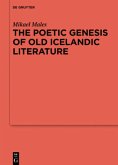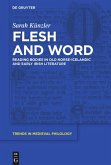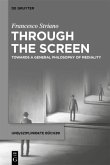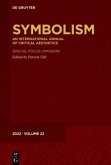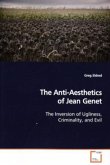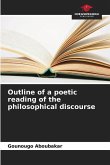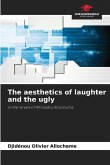Verse quotation is intrinsic to the literary style of the medieval Icelandic corpus of Íslendingasögur (sagas of Icelanders), one of the most important vernacular literary genres of the European Middle Ages. The essays collected in this volume demonstrate that the combination of prose and verse constitutes a distinctive literary aesthetic, and that in the medieval Icelandic literary tradition, it was not a question of choosing between prose and verse as the vehicle for stories about the foundational generations of settlers on the island, but of combining both modes to forge the unique literary form of the saga. Verse quotation has always been recognised as an important aspect of the Íslendingasögur, but to date, the significance of verse to the aesthetic of the narrative has mainly been explored with reference to the sub-genre of the skáldasögur (sagas of poets), in which the proportion of verse to prose is at its highest.
The contributions to the volume analyse the Íslendingasögur as prosimetrum - that is, they treat the combination of verse and prose as a salient generic and aesthetic feature of this body of sagas. The contributors are leading scholars in the field of Old Norse studies, and their work represents current research trends in the UK, USA, Iceland, Denmark, and Germany. Their innovative approaches will enable a better understanding on the literary mode of the corpus as a whole, as well as producing fresh insights into the compositional habits of the (anonymous) authors of individual sagas.
Hinweis: Dieser Artikel kann nur an eine deutsche Lieferadresse ausgeliefert werden.
The contributions to the volume analyse the Íslendingasögur as prosimetrum - that is, they treat the combination of verse and prose as a salient generic and aesthetic feature of this body of sagas. The contributors are leading scholars in the field of Old Norse studies, and their work represents current research trends in the UK, USA, Iceland, Denmark, and Germany. Their innovative approaches will enable a better understanding on the literary mode of the corpus as a whole, as well as producing fresh insights into the compositional habits of the (anonymous) authors of individual sagas.
Hinweis: Dieser Artikel kann nur an eine deutsche Lieferadresse ausgeliefert werden.


